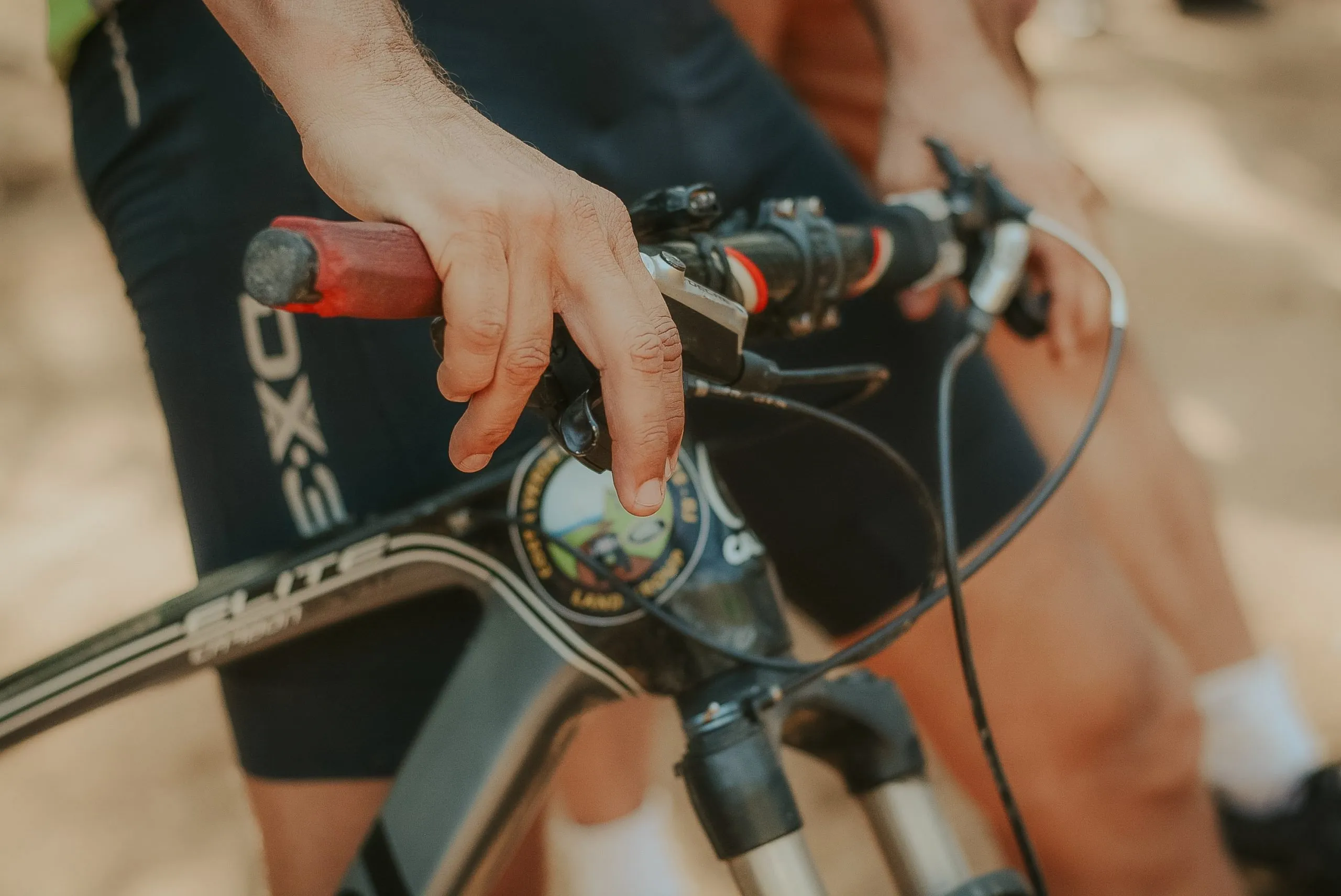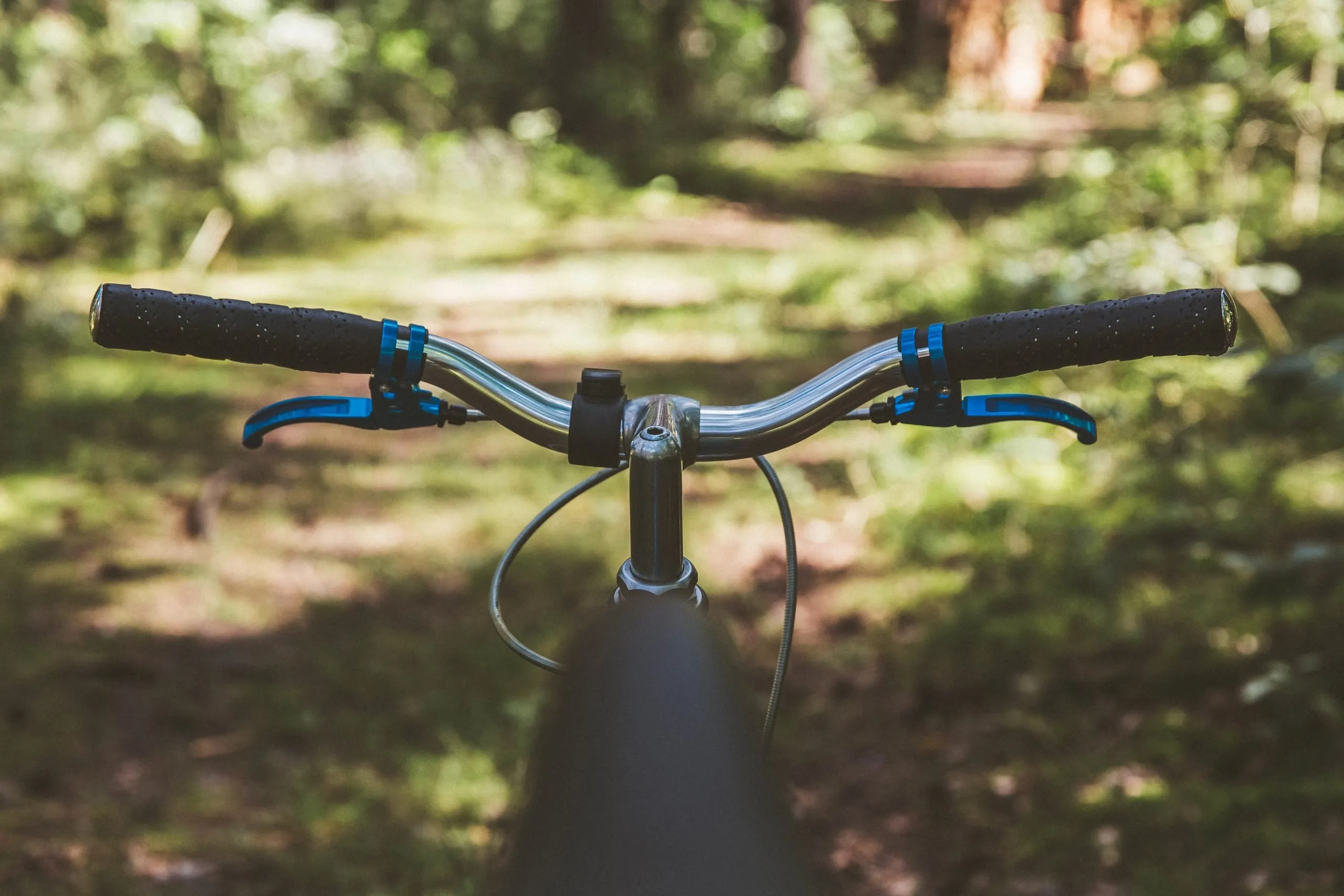Are you concerned about the best bike brake that will satisfy your riding quest in a biking adventure?
You got nothing to worry about. Hydraulic bike brakes are the best brakes that will give you maximum performance in the world of cycling.
Hydraulic brakes are better compared to other brakes — they have higher function and performance in all conditions. they’re sensitive and responsive at any point in time.
It’s a cable-less brake that is sensitive anytime you pedal backward — gives more confidence that the brake is still active while on a slope.
In this article, you will learn why hydraulic bike brakes are one of the best in the biking world.
Why Should I Choose Hydraulic Brake?
It’s among the best bike brakes you can ever lay your hands on. It has higher performance in all weather compared to mechanical and rim brakes.
Unlike other brakes, hydraulic brakes have better stopping power, especially in cruddy and wet conditions.
It’s the ideal brake that you can confidently allow your kids to ride irrespective of the weather conditions.
Every rim brake bike stops functioning immediately after there is damage on the rim, but hydraulic discs still work.
A broken Spoke doesn’t stop a hydraulic brake because it’s in a disk format.
Hydraulic brakes respond better and faster than the rim brake that uses a cable. Also better than the mechanical brake in the market.
A Hydraulic brake is highly sensitive and responds as you start pedaling backward.
They are not just durable but require little maintenance. they can easily get back on the road when fixed. You’ll not experience any technical faults when using this type of bike brake.
How Does Bicycle Brake Work?
Technically, bike brakes are designed to push friction. This causes the brake pad to come in contact with the braking brake surface in a form of manual operation when the wheel is in motion.
As you keep increasing the pressure on the friction either through the handle or pedal, the brake increases. This arrangement works with the tire’s grip to slow the bicycle down.
Whatever brake is in your bicycle, it will take this format or method to arrive at the stopping point.
The difference in the operation is that one is faster than the other. One tends to grip the tire more than the other one.
The one without cable acts faster than the one with cable. Likewise, the hydraulic brake works faster than the mechanical brake.
Difference Between Rim Brake And Disc Brake
When we talk of the difference between the rim and the disc brake, we are indirectly referring to the point where the brake is a force applied in relation to the wheel and the tires.
The application of the brake force is what makes the difference between the rim and disc brake.
For the traditional “Rim” brakes, apply the braking force on the outer edge of the wheel through a brake shoe that comes in contact with the wheel — the stopping force is applied by calipers to the outer edge of the rim itself.
While the “Disc” brake applies its stopping force on a rotor that is towards the center of the wheel. That is, it moves the braking surface away from the rim to a rotor.
The rotor is inside the hub, while the caliper is what connects to the fork near the axle.
The brake is mounted on the hub because the caliper is difficult to clog with mud. The disc brake is designed like the motorcycle brake.
Another difference is how each brake performs. The Rim brake uses a cable system to bring the caliper close to the rim before the bicycle stops.
While the disc brake system especially the hydraulic brake uses fluid to actuate the brake.
It works when a cyclist pedals backward, the levers are grabbed, which also causes the fluid pressure to build, then pressure pushes the caliper to move close to the rotor.
As the caliper moves, it generates friction that creates the stopping power, which makes the bicycle stop.
Hydraulic vs. Mechanical Brake?
There are two types of disc brake:
- Hydraulic brake
- Mechanic brake
These two-disc brakes work and function differently. Though they’re the same class of brake.
They’re quite different in function from the traditional brake, (e.g., hand-brake that uses cable). These sets of brakes are cableless.
Even though they’re the same type of brake, their functionalities and qualities differentiate them. This is proof that hydraulic brakes are a better set of brakes.
How Does Mechanical Brake Work?
Mechanical systems of brakes are based on cable-like rim brakes. The disc brake functions in the same way as the hydraulic brake but uses a cable method.
Mechanical brakes have almost the same materials as hydraulic brakes. That’s the reason they have a close stop-power.
Mechanical disc functions by using a standard cable to actuate the brake. Mechanical discs have a small lever on the brake caliper.
That is what pulls the brake cable when you apply the brake. And it moves and compresses the brake pad to the wheels. Once this happens, the bike stops.
Mechanical disc brakes have a larger lever shape. A Cyclist can easily adjust it. Mechanical brakes are cheaper than hydraulic brakes.
Since they don’t make use of fluid, they’re not as powerful as the hydraulic brakeS. Mechanical brakes lack heat management which is why they underperform compared to hydraulic brakes.
How Does Hydraulic Brake Works That Make it More Effective Than Other Brakes

Hydraulic brakes are the upgraded form of mechanical brakes. The power efficiency of hydraulic brakes makes them one of the best.
Hydraulic brakes give you the full stopping power over your bike irrespective of the speed.
Hydraulic brake has higher performance compared to mechanical brake. It’s effective in all weather conditions.
It responds quickly when a cyclist applies the brake. This is how hydraulic brakes work.
The application of the brake causes the piston to move inside the master cylinder. The piston pushes the brake fluid towards the brake caliper.
This compresses the brake pad to the wheels causing the bike to stop.
Hydraulic brakes have higher performance than the rim brake or the mechanical disc brake.
However, they last longer than the mechanical brakes — more expensive than the mechanical brake.
Hydraulic brakes are easier to learn than mechanical brakes. They’re not as technical compared to mechanical brakes. Because they’re cable-less brakes.
Hydraulic systems are more efficient than mechanical disc brakes. Hydraulic brakes require little pressure at the lever for the bike to stop, unlike mechanical brakes.
The hydraulic brakes are well-sealed and protect against dust or dirt that can stop them from functioning.
Benefits of Hydraulic Bike Brake
The performance of a hydraulic brake is without argument. They outright mechanical brakes.
Hydraulic brake makes cyclists be in total control when at a high speed. This promotes safety irrespective of the weather conditions — and the riding terrain.
It requires little effort to apply the brake and bring the bike to stop irrespective of the speed.
Hydraulic brakes are more durable than mechanical brakes. They offer the best quality braking experiences.
Hydraulic brake systems are fully enclosed. This prevents any debris, dust, or elements that can go inside to affect the functionalities or its durability.
Another feature of hydraulic brakes is that they have self-adjustment. This means when you apply the brake it moves along with the command you give. This makes hydraulic brakes smoother in operation.
Hydraulic brakes hardly fail when you are riding compared to other brakes.
Due to their features, hydraulic brakes are more expensive than their mechanical brake counterparts.
How to Maintain Hydraulic Brakes

Just like every brake requires maintenance, likewise the hydraulic brakes.
The common issue with hydraulic brakes is the brake pads. The brake pads require repairs or replacement when they’re bad.
You replace the brake pad when it’s completely worn out. You repair it when there’s a shift from the original position.
Hydraulic brakes hardly get worse. Because the application requires little effort to make it work. You don’t need to pull hard on the brake lever before they respond.
With hydraulic brakes, you can carry out personal maintenance without having to run into repairers’ shops.
Also, you can choose an e-bike that will give you the flexibility of not having to pull so much before the brake responses.
Hydraulic brakes don’t have a lot of technical issues. You can fix some of the issues that might occur.
But when you notice you can’t repair it or find the fault, you contact the local repairer to fix it for you.
Conclusion
Hydraulic bike brakes are better than the traditional brakes, like the rim and mechanical brakes.
Even though it’s a disc brake, it’s far better than the mechanical brake counterparts. it’s very easy to learn. A beginner can get going with it without much training.
Hydraulic brakes have low maintenance. Though they are quite expensive because of how good they are.
Choosing a hydraulic brake bike, makes you build confidence in the ability to control the bike whether you’re slowing down at a high speed or on level ground.

